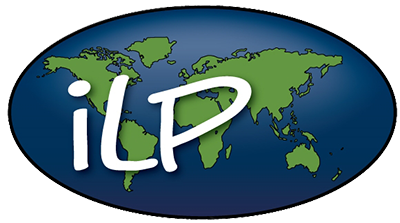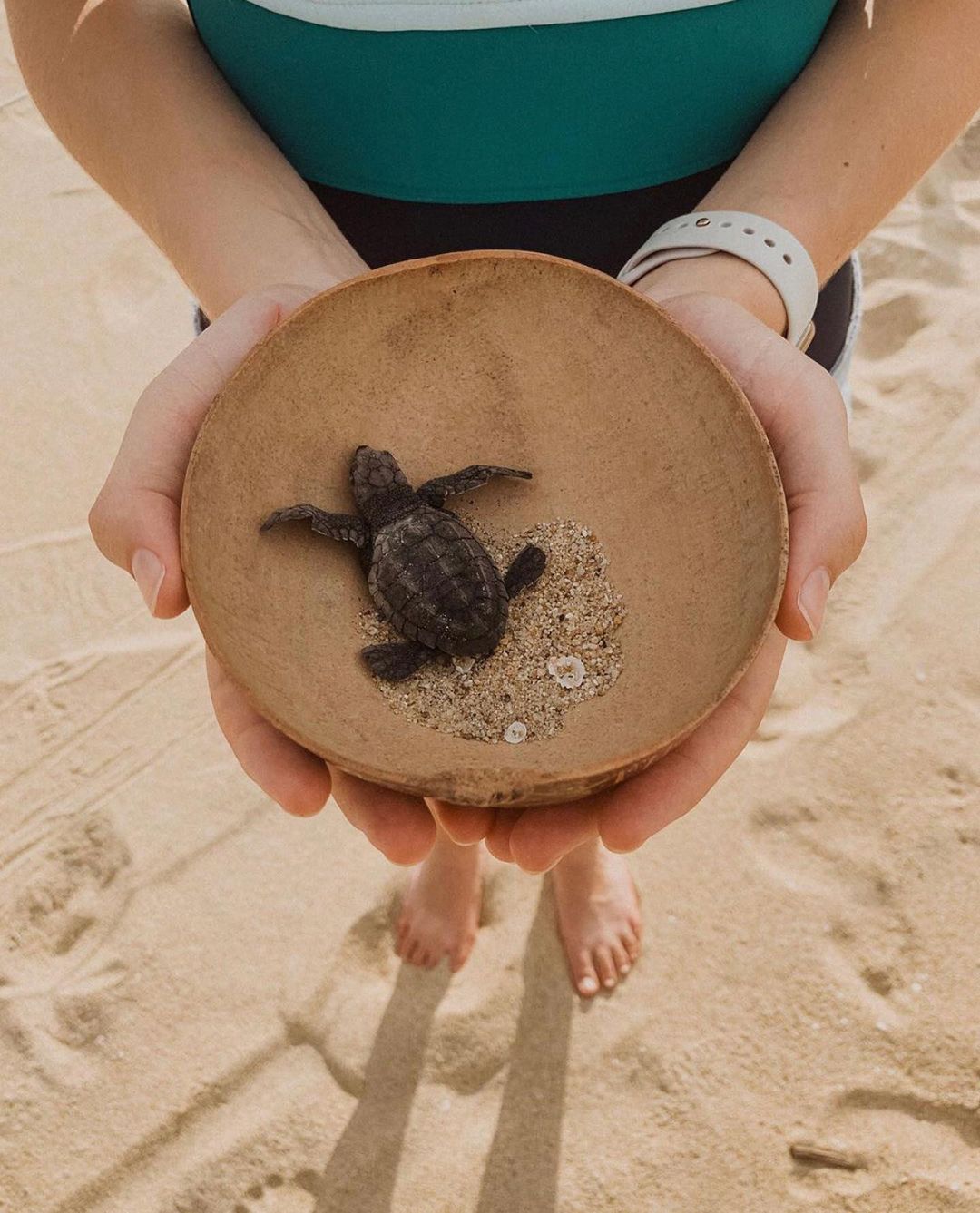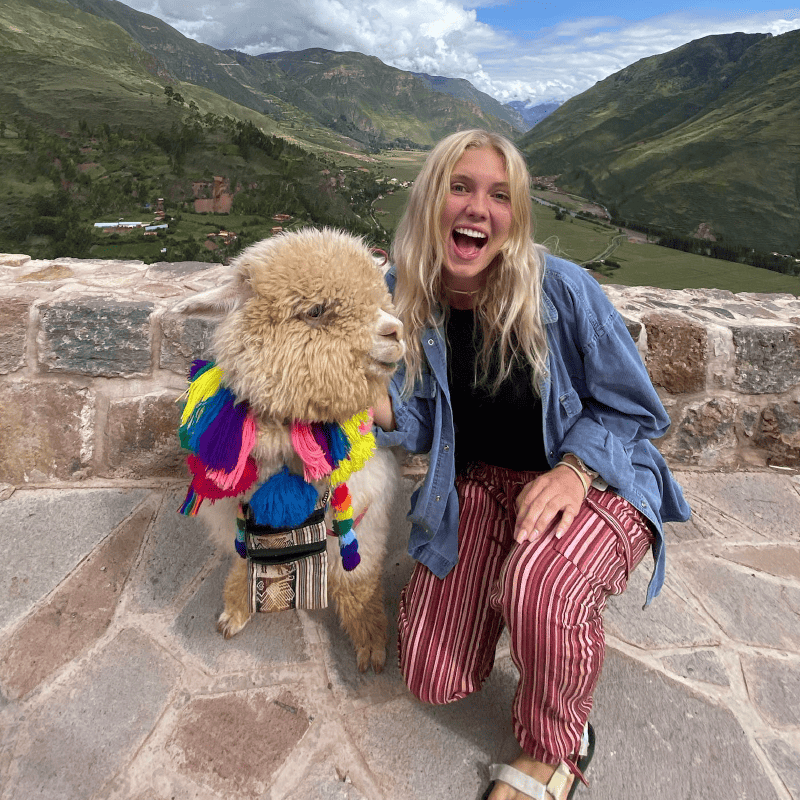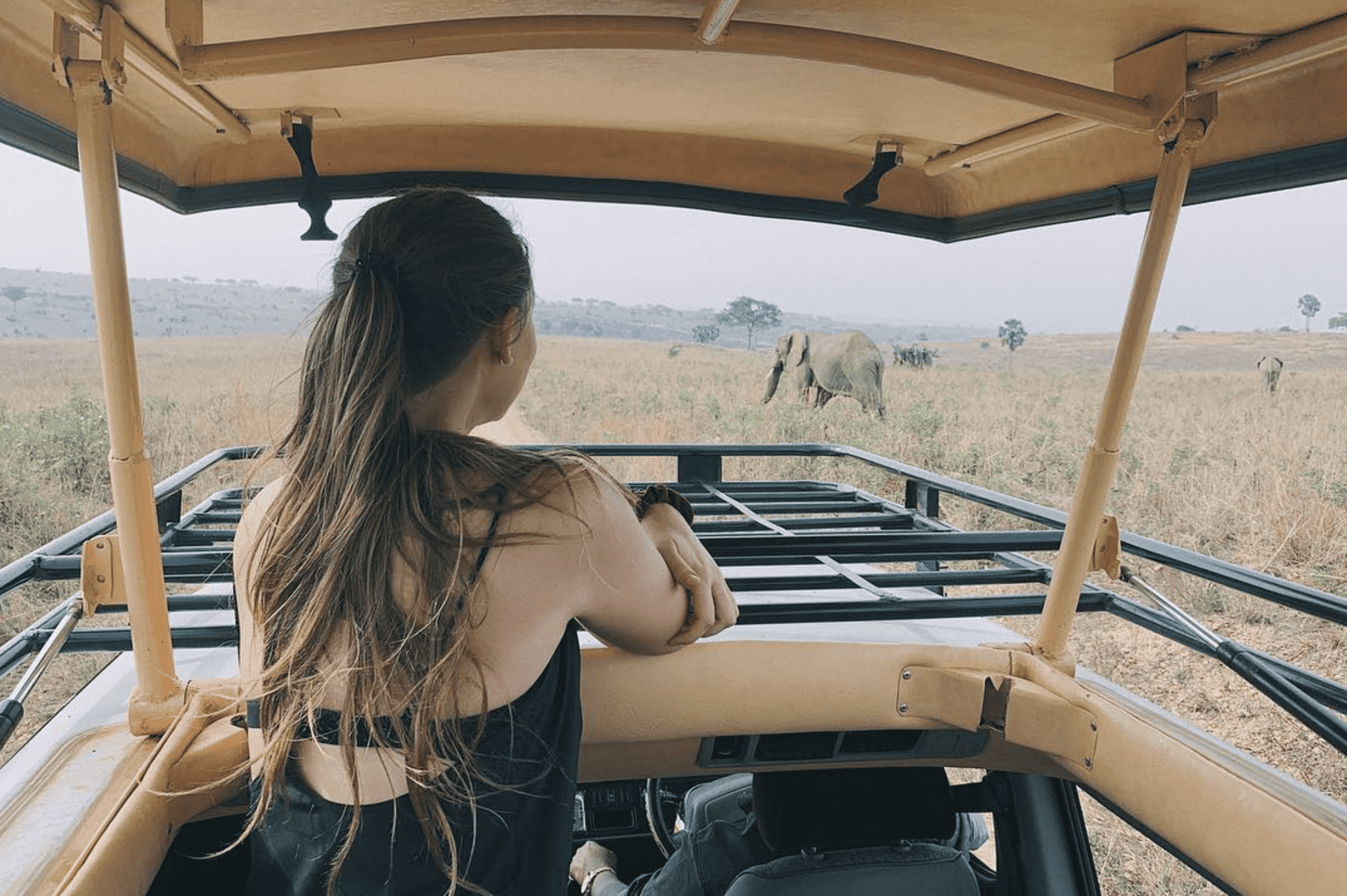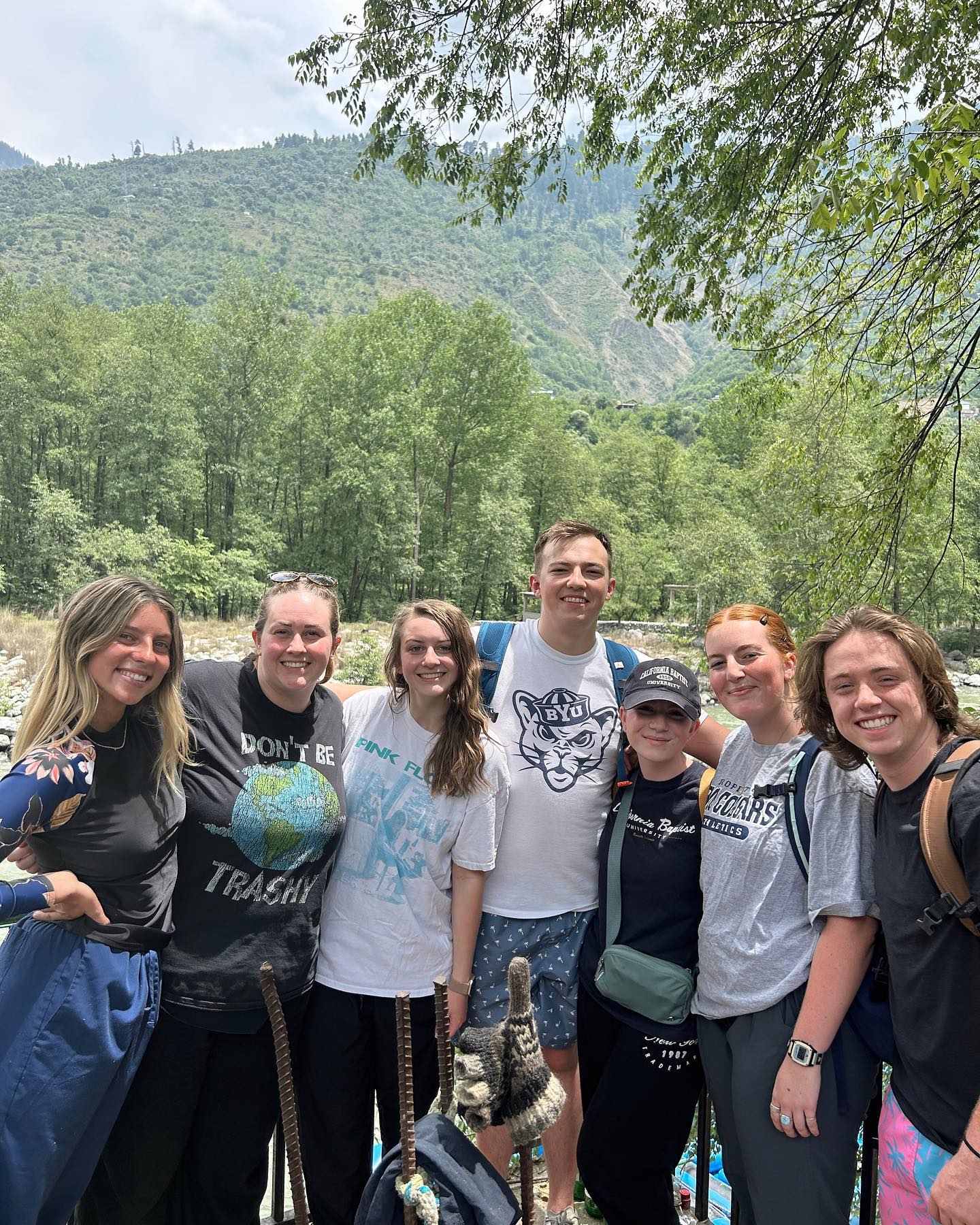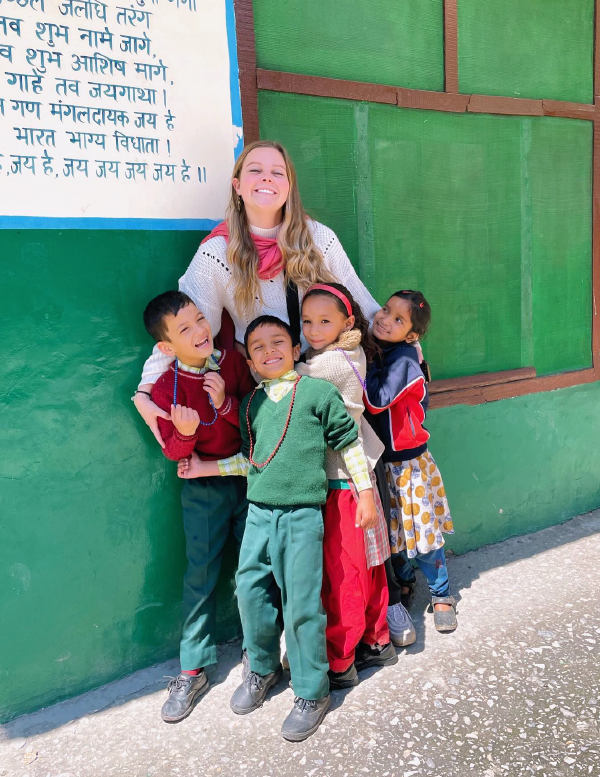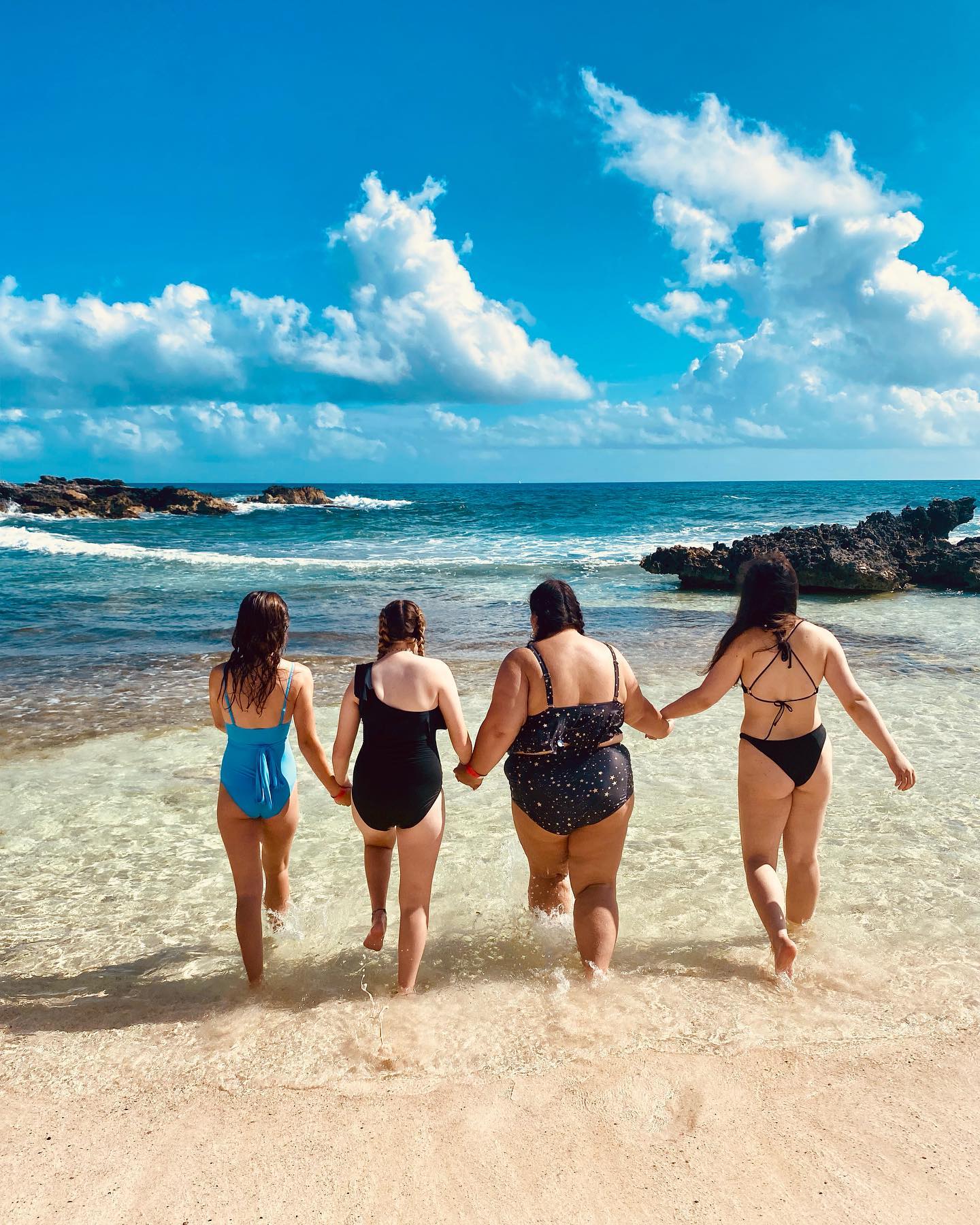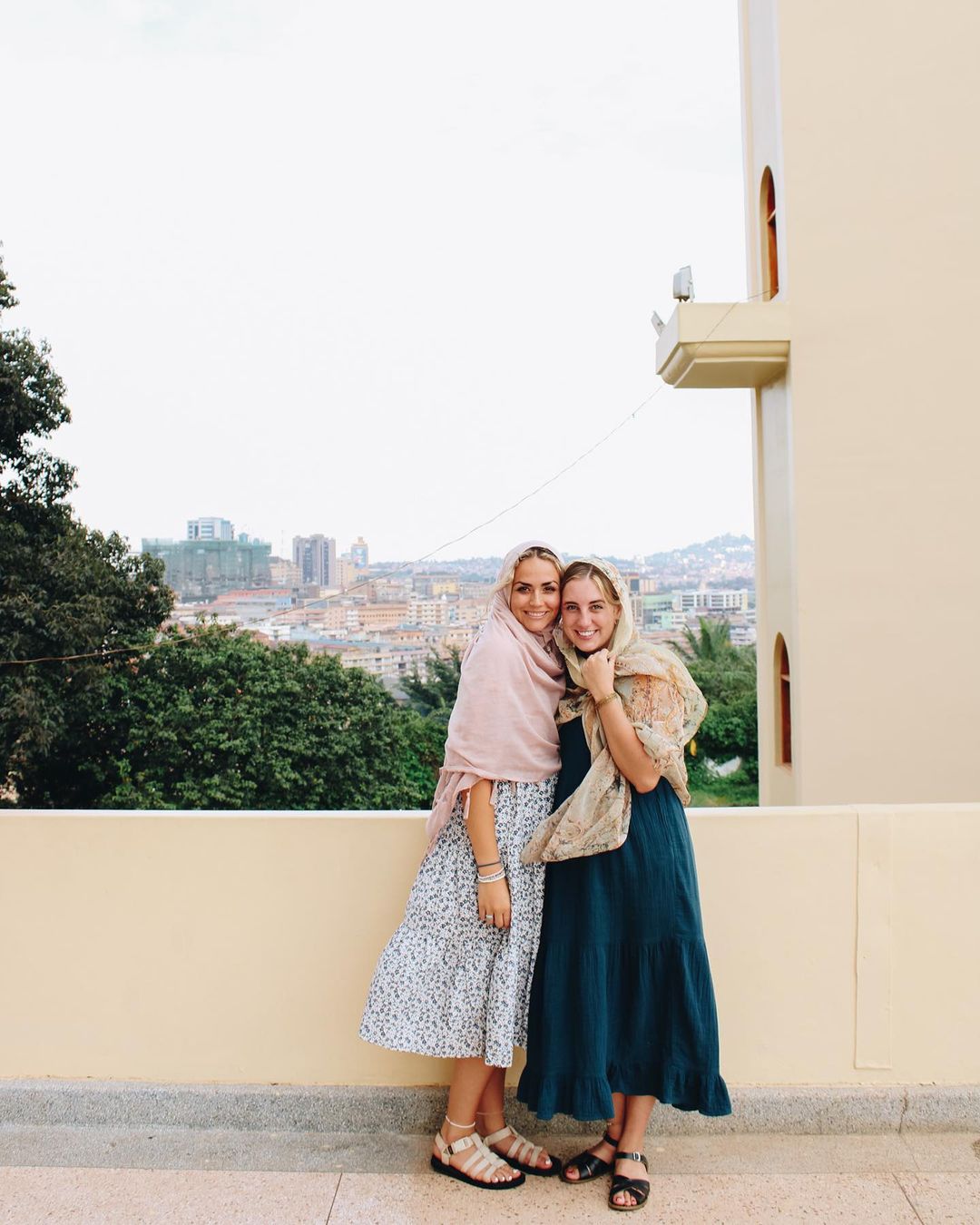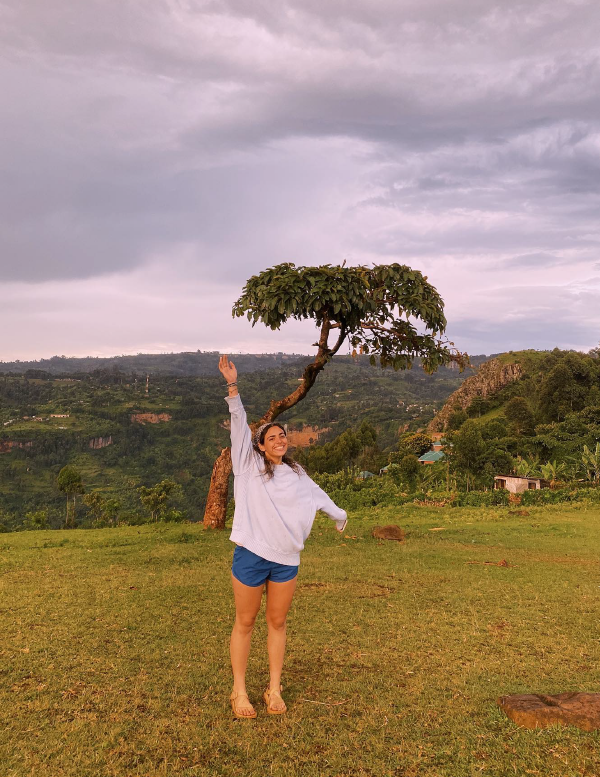Asia + Oceania
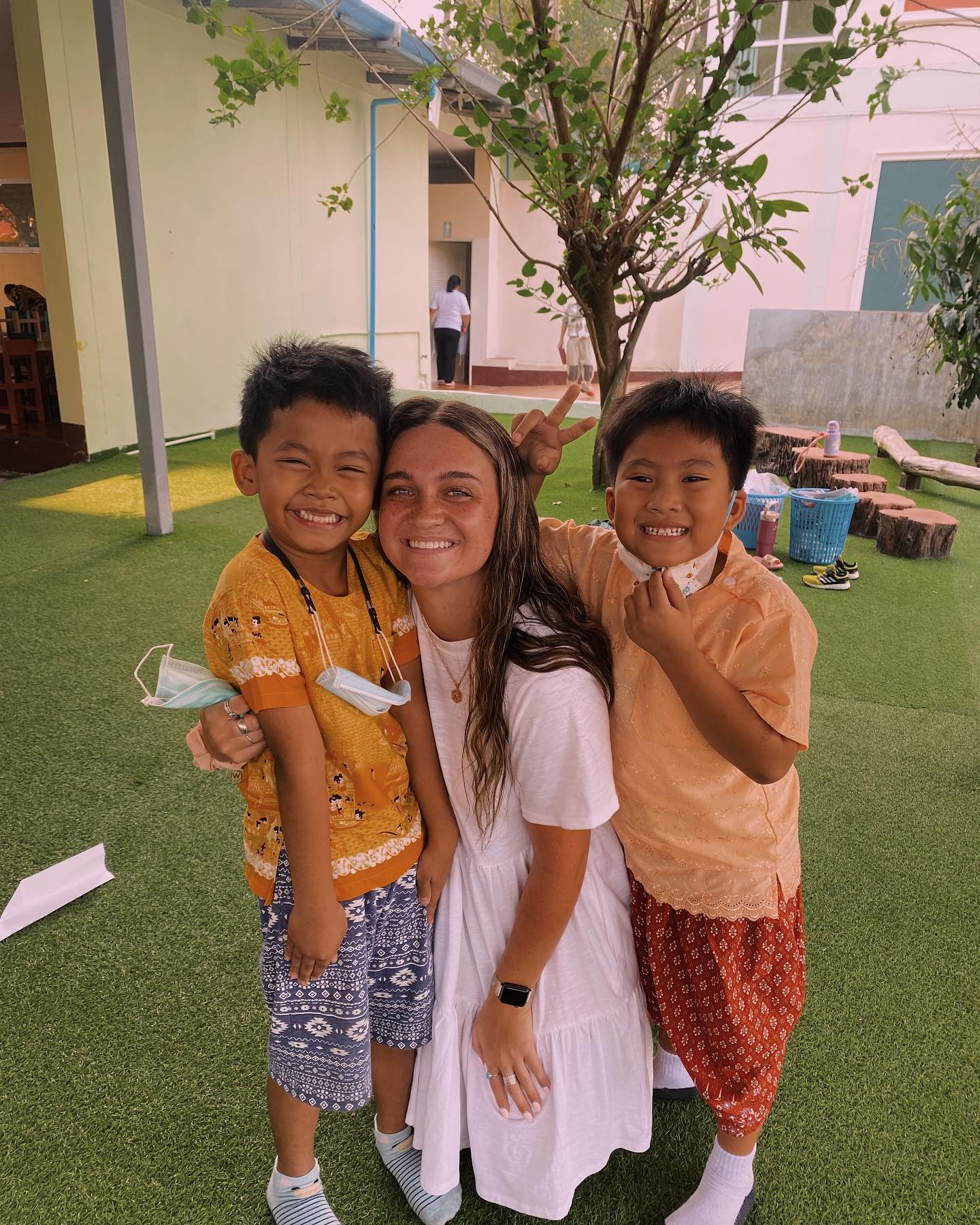
$4,170
Thailand
Exchange, Teaching English
“Land of Smiles”, colorful temples, elephants, and fresh smoothies
Best fit for:
Single females from the US + Canada

$4,970
Vanuatu
Humanitarian, Teaching English
Island life, waterfalls, and sandy beaches, with a tight-knit community
Best fit for:
Single females from the US + Canada
Is Thailand Right For Me?
Thailand is the “Land of Smiles”, with friendly locals who will wave as you ride your rickety bike to the smoothie stand after school. You’re living and teaching up in central Thailand, tucked inland away from the beaches, with lots of local secret spots which makes this trip so different from the typical tourist experience.
Good To Know
Thailand is a hot and humid country, with limited (or no) A/C. There is a modest and conservative culture, so while it’s tempting to wear short and cropped clothing to keep cool, you’ll need to stay covered up. Volunteers live on campus and you’re looked at as a teacher at home, even when you’re not teaching. There are big bugs (like spiders and cockroaches) that you’ll see in your room, shower, kitchen, classroom, etc. Your students come from affluent families who are expecting the best. The school you are teaching at is very prestigious and teaching here comes with high expectations.
Is Vanuatu Right For Me?
Program Highlights + Unique Features
You’re truly surrounded by the ocean in this program. Some of the world’s best beaches are just a walk away and one of the classrooms has an ocean view! Volunteers live in a tiny village, with a very tight-knit community.
Good To Know
Paradise here doesn’t come without its pain points. You’re living in a remote and rugged island community. WiFi is slow and has gone out for weeks at a time when the island is hit by extreme weather. The power goes out frequently. There are spiders, cockroaches, mosquitoes, lice, and bedbugs. It’s very hot and humid, with no A/C. Medical care is available but anything serious will be treated in another country. Air travel is expensive, unpredictable, and limited, if you choose to vacation off the island. Beach days with your students as well as hard teaching days will be a part of your experience. The kids you teach have so much love to give but understand that Vanuatu is one of the most difficult teaching locations. The kids come from a wide variety of backgrounds, many from homes without discipline and structure.
It’s not a location for everyone, but if you’re up for the highs and challenges of Vanuatu, it is an experience of a lifetime.
Is India Right For Me?
Program Highlights + Unique Features
Live at the base of the Himalayan National Park, not far from the Dalai Lama’s home. Our English-speaking guide helps arrange your vacations so you can discover a side of India you didn’t know existed. From mountain views lined with Tibetan prayer flags to camel treks in the desert, you’ll get it all.
Good To Know
Volunteers step right into the culture of India. Many of your provided meals are consistent with the local vegetarian diet. India is a conservative country, and how you dress can be a safety concern. At all times, volunteers will need to wear loose modest clothing that covers your neck, shoulders, stomach, and goes past your knees. This is a requirement taken seriously. On the travel side of things, you’re living in the north, so traveling on winding mountain roads is unavoidable. It can be time consuming to travel to your vacation destinations.
The Caribbean
Is The Dominican Republic Right For Me?
Live by the beach with a group of 20-30+ new friends in one of the biggest ILP groups! You’ll be living in a local barrio which shapes the entire experience: meet neighbors like Martin who makes jewelry, or the man at your favorite empanada stand. Your students live in the neighborhood and come running down the street to say “hi!” when they see you. It’s a poor neighborhood with opportunities for extra service.
Good To Know
You’re not here on a cruise or an all-inclusive vacation. The housing has cold showers, power outages, and bugs. It’s a very hot and humid country without A/C at home to keep you cool. You’re living in a local neighborhood, where poverty is apparent. The kids you teach have so much love to give, but this is a difficult teaching location — maybe more so than anywhere else. The kids come from a wide variety of backgrounds, many from unstable homes without discipline and structure.
Latin America
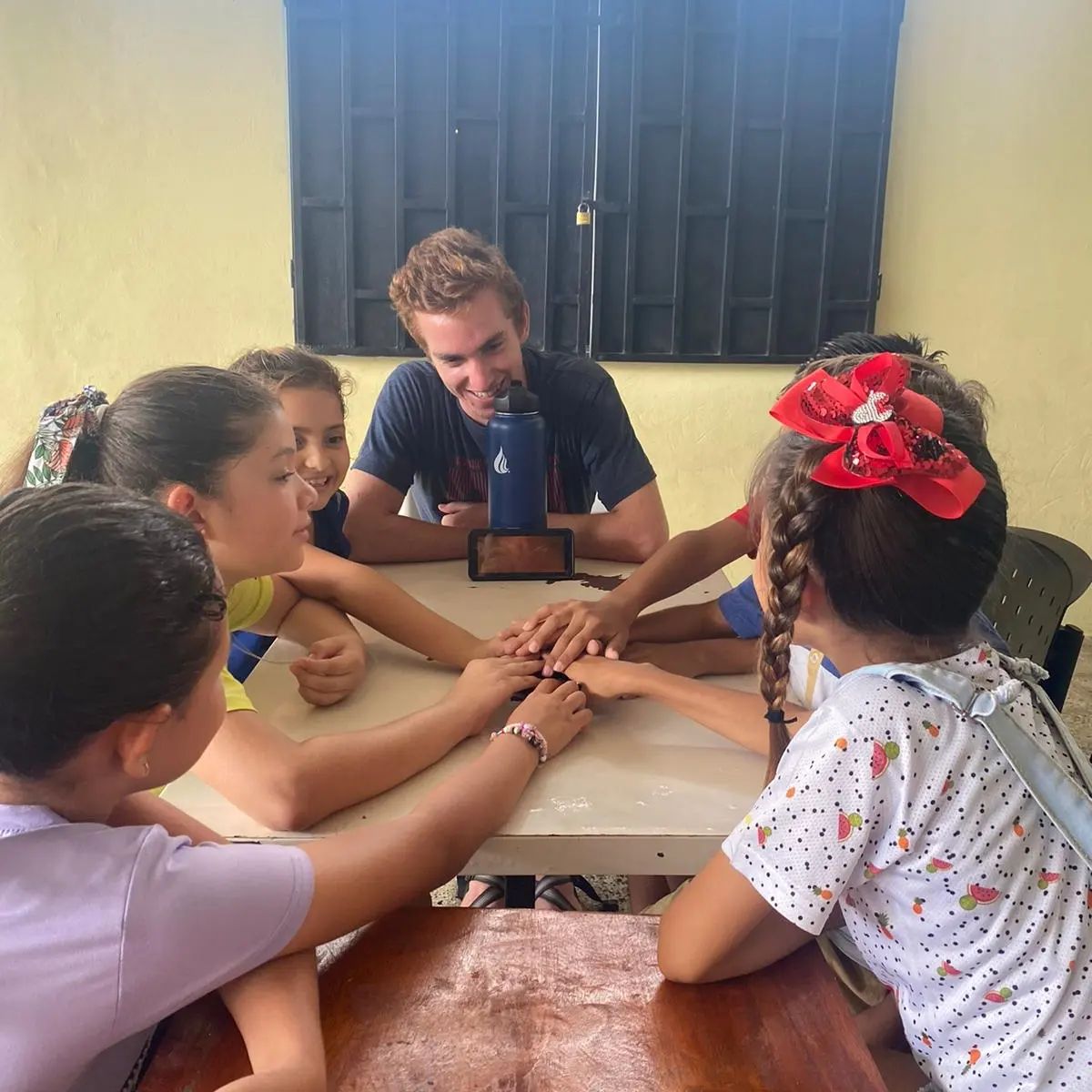
$4,170
Costa Rica
Humanitarian, Teaching English
Pura vida, biodiverse, and eco-adventures right outside your door
Best fit for:
Single females, males, and married couples from the US + Canada

$4,170
Nicaragua
Humanitarian, Teaching English
Waterfalls, volcano boarding, surfing, laid back, and local “mamacitas”
Best fit for:
Single females, males, and married couples from the US + Canada
Is Costa Rica Right For Me?
Program Highlights + Unique Features
Embrace the “pura vida” vibes that Costa Rica has to offer. This tropical and biodiverse country is full of waterfalls and jungles. Come whale watching and hear monkeys in the treetops. There’s plenty to see and do in Costa Rica, but you can hop over to visit Nicaragua and Panama on vacation if you’d like.
Good To Know
This is a popular country for travelers, expats, and tourists — prices in general are more expensive than other ILP locations. Hotels, restaurant meals, private transportation, and activities have prices similar to the US. As an ILP volunteer, you’ll be living in a small town, so bring things to do during your free time. It gets dark early and there isn’t much to do once the sun sets. You may be living in a more remote location which means long hours on a bus or in a car to get to popular vacation destinations. Be prepared for a very hot and humid country without A/C at home to keep you cool.
Is Nicaragua Right For Me?
Program Highlights + Unique Features
Live in a colorful city, in a house where a mango tree drapes into your open-air courtyard and authentic meals are made by local cooks we lovingly refer to as your “mamacitas”. It’s a chill, laid-back, hammock-filled kind of experience with adventures that are easy on your budget. Most getaways are close enough for weekend trips, so feel free to hop over to Costa Rica or Panama on vacation. Some ILP volunteers in Costa Rica come to Nicaragua on a quick vacation … then apply for another semester here because they loved Nica so much.
Good To Know
Nicaragua isn’t perfect, but it does come pretty close (it’s a location where alumni have high rates of satisfaction about the overall experience). Nicaragua is a humanitarian location which means teaching children with more difficult backgrounds and going without some comforts from home. It’s a very hot and humid country, with just fans at home (not A/C) to keep you cool.
Is Mexico Right For Me?
Mexico is the spot for tons of travel. Plan on weekend trips to cathedrals, hidden hot springs, secluded beaches, colorful magic towns, and blue waterfalls … all spots that most tourists never see. Oh, and it’s all easy to do on a budget. Hostel prices are low and bus tickets can be just a few dollars. The weather is pretty perfect too — heat and humidity is a pain point in several ILP locations, but not here.
Good To Know
It’s hard to come up with lowlights for Mexico: it’s frequently the overall ILP experience that alumni have the highest happiness and satisfaction with. Mexico is a good spot for those looking for a relaxed culture, where things don’t happen on time and need many reminders. Your teaching schedule will likely change frequently. Provided meals are made up of basic staples like tortillas, cheese, beans, and rice all on rotation.
Is Peru Right For Me?
Live on the coast, close to national reserves, penguins, kayaking, and sand dunes. From the mountains to the rainforests, Peru is one of the most biodiverse countries in the world. Get the chance to vacation in nearby destinations like Patagonia, the southern tip of Chile, Argentina, Brazil, and more.
Good To Know
It is possible to travel to other countries on vacation, but it can be expensive when you factor in $300+ flight costs. There is so much to see in Peru (like Machu Picchu!) and those vacations are more affordable.
Europe + Africa
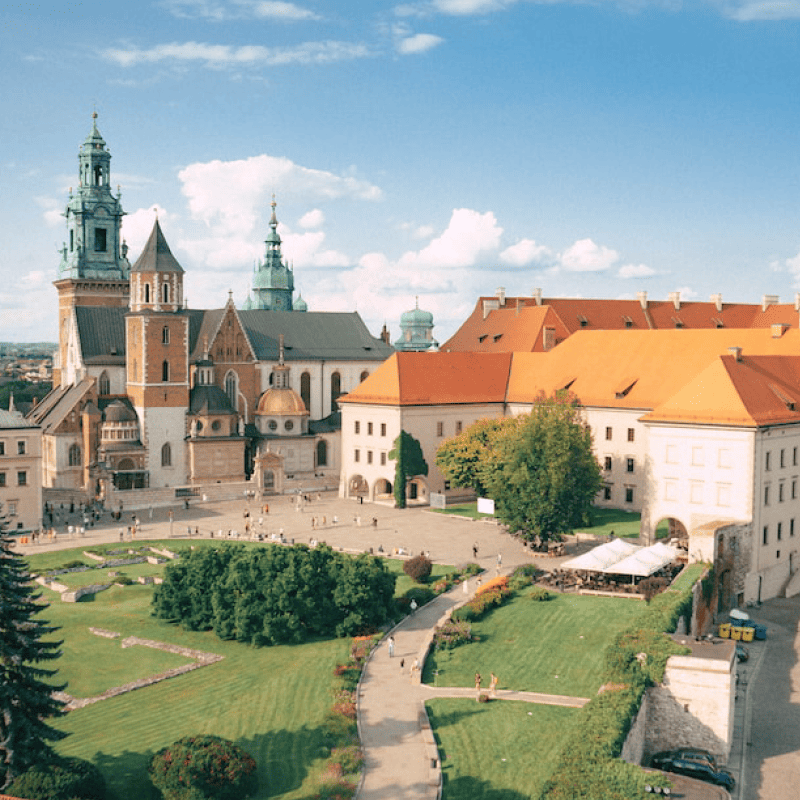
$3,970
Poland
Exchange, Teaching
Red brick castles, cafes + pastries, colorful towns, and train rides through the countryside
Best fit for:
Single females from the US
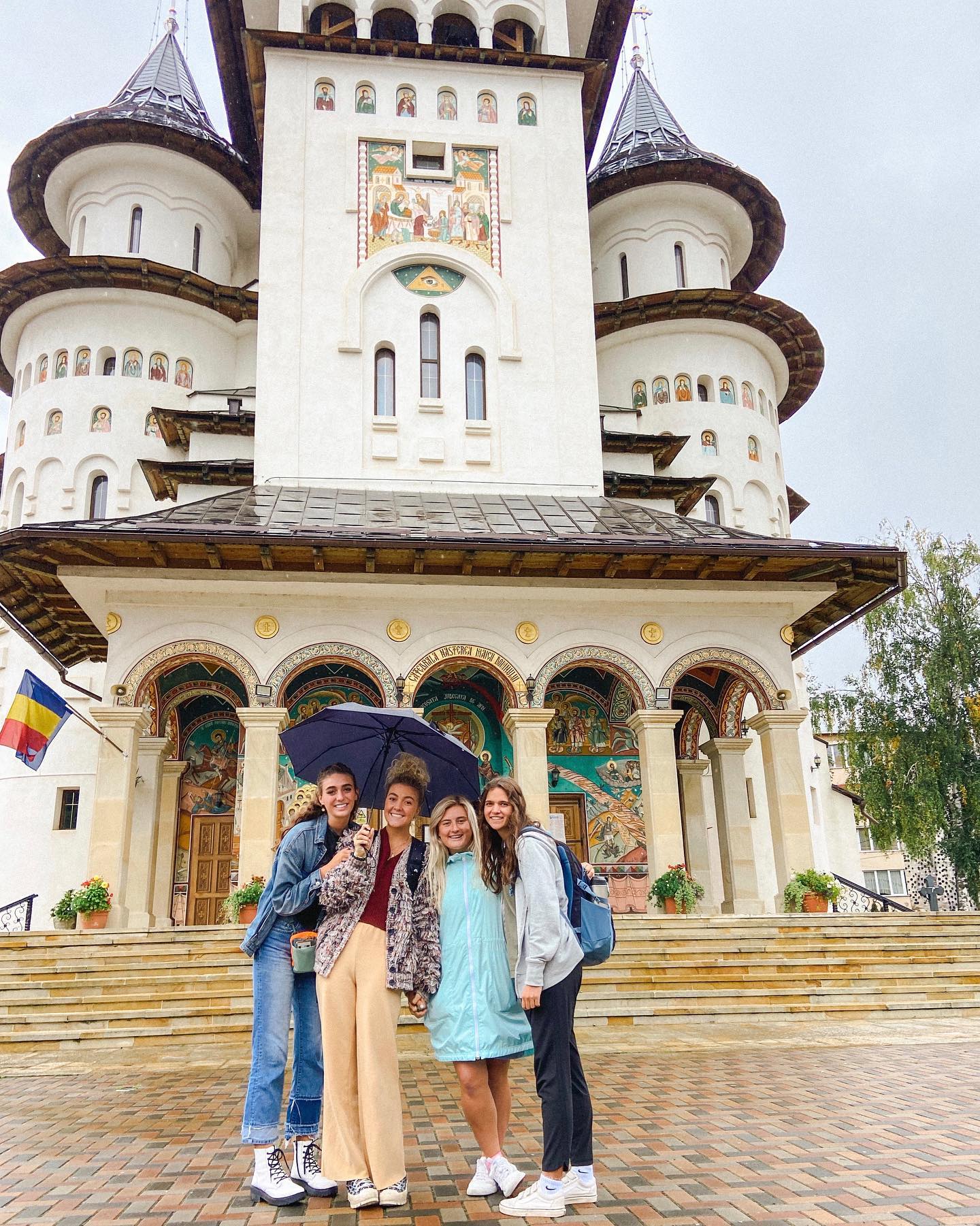
$5,470
Romania
Humanitarian, Orphanage
Dreamy castles + churches, pastries, colorful towns, and cobblestone streets
Best fit for:
Single females and married couples from the US + Canada
Is Poland Right For Me?
You’re living in a small town in the quiet Polish countryside, just an hour outside of the bustling and colorful capital, Warsaw.
It’s a travel hub here making it easy to find direct routes to vacation destinations all across Europe to places like Italy, France, and many more.
Good To Know
While it’s easy to travel in this location, more travel typically equals more spending. It can be very easy to overspend on your personal budget if you’re not careful.
This is an Exchange Program which means your students come from more affluent families (typically middle to upper class) as compared to the Humanitarian Programs.
We do not currently have a summer program in Poland like we do with other locations. Spring and Fall trips are available here!
Is Romania Right For Me?
Don’t just visit Europe, come live here. Romania is unique because it’s the only ILP location where you are not teaching English. Here, your service goes toward children in an orphanage program. The children you’re working with range in ages and in health and ability, and hugely benefit from your one-on-one time, encouragement, and attention.
Good To Know
The kids you are helping have their basic needs met, and your time is about providing positive human interaction for a better quality of life. Improvements take time and you likely won’t see milestones during your semester. The children you help are often in and out of the hospital or may even pass away during your semester. This type of service is so worthwhile, but is emotionally taxing.
Because our program in Romania does not give you experience with the ILP teaching method, volunteers in Romania need to volunteer in a teaching program before they can be a Head Teacher in a location other than Romania.
Is Uganda Right For Me?
Program Highlights + Unique Features
Join a large group of volunteers and a close-knit staff of locals who’ll be a huge part of your semester (like dance parties and card games with your security watchmen and cook). This big, family-like experience is a very unique part to this program and alumni say their Ugandan family is the highlight of their entire semester.
If you want to do a lot of volunteering and humanitarian projects, Uganda is for you. Outside of teaching, you can build a spring to provide clean drinking water, visit an orphanage, and more.
Good To Know
Volunteers in this location need to be respectful of the modest and conservative culture by dressing in loose clothes that keep you covered (and cool in this humid climate). Traveling around the country is time consuming and can be uncomfortable, with long drives in a hot van over muddy roads to get to safari spots and lakeside getaways. You’re living in a local neighborhood, where poverty is apparent and sanitation standards are different. It’s something that can be difficult to get used to. There is trash in the street and it’s common for people to come up and ask for money, supplies, food, and other materials. Additional medical preventative measures are needed prior, during, and after the semester. Volunteers take malaria medication daily and receive the Yellow Fever vaccination before arriving.
See which trip fits the experience you’re looking for:
Trip FAQs
We have Spring, Summer, and Fall trips that last about 3-4 months.
Because we coordinate what is best for the local schools we work with, each program has a different exact departure and return date. But no matter where you’re going, here’s a quick peek at the general timeline.
SPRING: This semester has the biggest range as far as departures go. Some countries start leaving after the New Year’s holiday while the latest groups don’t leave until later in February or early March. Then, everyone returns home from mid April to early June.
SUMMER: A couple of groups leave as early as mid-April, but most groups depart in May and June (which works great for volunteers who are taking a break from school). Most groups return in August (with a few returning late July and early September).
FALL: Most groups depart in August or September and return home in December, just in time to spend Christmas with your family.
If you’re interested in learning more about the dates for a particular country, just click into that country’s page for more details.
Applications are always open for all countries!
We are limited as to the number of volunteers we can assign to each location based on factors like housing and the number of students attending classes. The earlier you apply the more options you have, but we often also have last minute options available if you’re signing up just before the semester starts.
If you’re curious about how things are looking for a specific semester, let’s chat!
While there aren’t deadlines, we do recommend applying as early as you can. We have a limited number of spots in each country and the earlier you apply, the more options you’ll have!
ILP has two main volunteer programs: Exchange and Humanitarian (plus a Hybrid Program that combines elements from both). You can get more details on what’s included in the price here, but no matter which type of program you choose, you’ll have the same perks included.
In our Exchange Programs, the service that you give is subsidized by the host school and your student’s family. These students come from a wide variety of backgrounds (typically middle to upper-class) and are able to contribute to help fund the education you’re providing. This helps keep your costs low.
In our Humanitarian Programs, the students and children you serve generally come from limited means. In some locations they are in situations where getting basic needs such as food and housing is a daily concern. In other locations children may be refugees, living in an orphanage, or attending in low-income public or private schools. The volunteer work you provide them is a gift – free of charge – as their families and caretakers are not in a situation to subsidize the costs of an English education like this. This means that your program fee will be higher than the Exchange Programs.
Our Hybrid Programs are just that — a combination of the Humanitarian and Exchange Programs. Here, you’ll be teaching children from both backgrounds: those who come from more affluent families (and are able to help subsidize the program cost) and those who come from limited means. It’s a unique way to keep the overall cost of the program down while helping as many children as possible.
Our passion is education. You’ll help children learn English naturally through the ILP method by playing with them, singing songs, making treats, and arts & crafts. You’ll get to plan the activities you lead with the guidance of our methodology. Think summer camp in a classroom. And don’t worry, you don’t need any teaching experience.
We also have a unique Orphanage Program located in Romania where rather than teaching English, you will be helping children progress to reach developmental milestones.
Monday to Friday, you’ll spend about a half day volunteering (up to 4 hours of direct interaction with the kids, plus preparation time, transportation, and clean up), with time outside of volunteering to explore. You always have weekends off.
Especially in Humanitarian Programs, there are opportunities to serve in additional ways. Volunteers often take the initiative when they see what’s needed in their particular community, things like painting houses in the DR, fundraising to buy seeds for gardens in Vanuatu, and cleaning up the beach in Costa Rica. In Uganda, there are unique opportunities to spend time in an orphanage and to build a clean water spring.
No matter where you’re going (whether that’s on one of our Humanitarian Programs or an Exchange Program), your ILP program fee includes a few things:
- Roundtrip international airfare to your volunteer country from the U.S.
- In country airport pick-up and drop-off
- Your visa (designated countries)
- Housing for the semester
- At home meals (breakfast, lunch, and dinner)
- WiFi
- Pre-Departure and In-Country Training — You’ll need to arrange transportation to Utah for the in-person training, but the training and materials are included in your program fee. You’ll also receive in-country training throughout your semester. You also have support throughout the entire semester.
- Some language and cultural experiences. Depending on your location, you may have access to language classes, a tour around the city, or cultural classes like a cooking class.
The program fee is a one-time payment that you’ll make prior to your semester, and we offer monthly payment plans if that would be helpful for you!
Yep! Expanding into new parts of the world is something we’re always really excited about. Behind the scenes, we’re actively scouting out new countries and talking to potential new local partners there. There’s a lot that goes into choosing a new ILP country, including a checklist to make sure that every location we open gives you the classic ILP experience we want you to have.
Instagram is always the first to hear when a new country is opening, so follow us there!

